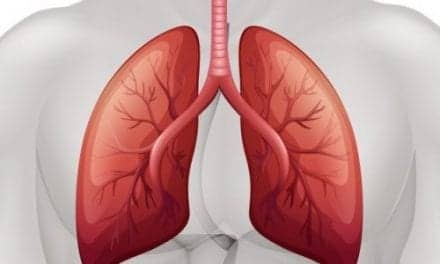Lung volume reduction surgery (LVRS), a surgical treatment option for emphysema, was shown to have durable benefits in the National Emphysema Treatment Trial (NETT). NETT was a multicenter, randomized trial that compared the efficacy of LVRS and medical management with rehabilitation to medical management plus rehabilitation in patients with severe emphysema.
According to a Science Daily news report, NETT validated the efficacy of the procedure in improving survival and function in selected patients with severe emphysema, particularly those with mostly upper-lobe emphysema and low exercise capacity.
Following the publishing of the study’s results, the Centers for Medicare and Medicaid Services (CMS) decided to provide coverage of LVRS. However, Mark E. Ginsburg, MD, says, “Despite these results, adoption of LVRS in the U.S. for the treatment of severe emphysema has been exceedingly poor. A review of the Society of Thoracic Surgery database identified only 538 LVR surgeries over an eight-year period.” The possible reasons cited for this include poor use of the perceived magnitude of the procedure, ill-defined patient selection criteria, and lack of proven durability.
The Science Daily news release notes that the study demonstrated that LVRS could be performed with negligible surgical mortality risk using minimally invasive surgical techniques. In the clinical trial, there were no perioperative mortalities and no patients died within 6 months of the procedure. In addition, the overall survival of the group was 0.99 at 1 year, 0.97 at 2 years, and 0.78 at 5 years, with only 12 of 23 late deaths attributed to lung problems. Functional improvement was seen on several lung function assessments.
Ginsburg states, “Indeed, improvements in airflow, exercise capacity, and dyspnea were relatively stable for five years.” Ginsburg adds, “Surgical LVRS remains the gold standard against which all other forms of lung volume reduction must be judged. Surgical LVRS should be more widely offered to patients with advanced emphysema who meet CMS selection criteria.”
Source: Science Daily











Lung cancer is the uncontrolled growth of abnormal cells in the lung.